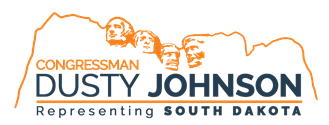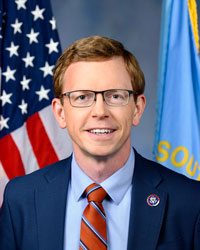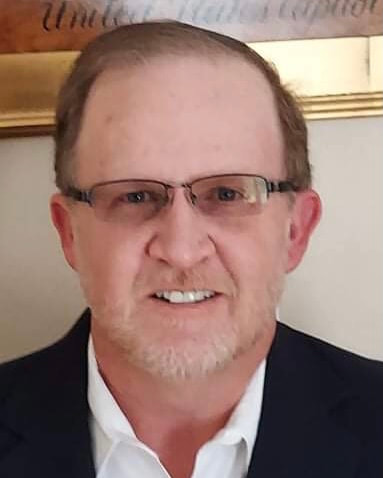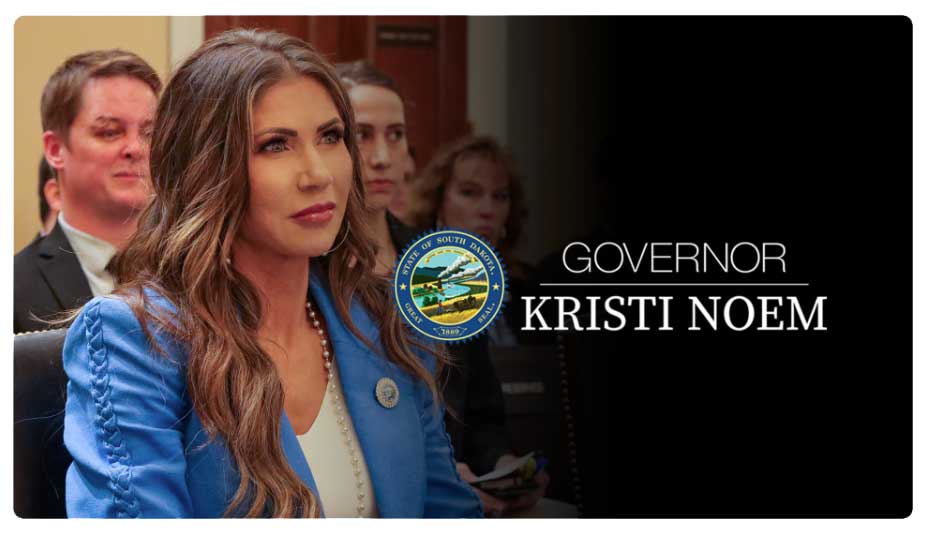As we’re down to little more than 30 days before candidates can start circulating petitions to run for office, many politicos are watching who might be filing statements of candidacy with the Secretary of State and preparing to launch their campaign for office, as a number of them have been filed in recent weeks.
But there have been other committees being filed as they plan to start operations during the campaign season. A number of new Political Action Committees have been popping up out of nowhere as well. And given who has their name attached to them, it’s clear that there’s an effort from the far-right thinking they have found a magic pot of gold to raise additional funds, or that they feel the need to create an astroturf buffer to separate themselves from attacks they plan to launch.
While not an all-inclusive list, here’s a sampling of the new state Political Action Committees that have formed in recent months:
Know the Voting Truth formed by Heather DeVries and Gretchen Weible on 4/2/23
HeatherDV PAC by Pat Powers on Scribd
Heather DeVries of Madison, who was utterly crushed by Casey Crabtree in the last District 8 Senate Primary (79-21%), and Gretchen Weible of Elkton, who served as Secretary of State Monae Johnson’s self-styled campaign manager.. until Johnson distanced herself from the Weibles, formed a political action committee in April of 2023 with the declared purpose of forming a “PAC to score voting records on candidates.”‘
It’s unknown whether this group will be raising money independently, rather it appears to be laying the groundwork as an astroturf group which will create scorecards to make their favored candidates look good, or to try to cherry-pick votes that make their targets look bad.
Given that both reside in District 8, it’s of note that Gretchen Weible’s husband Rick has announced he is running for the House in D8 against incumbent Representative Tim Reisch. So, don’t be surprised if this group is cranking out postcards for that purpose.
Under God the People Rule PAC formed by Matthew Monfore on 9/30/2023
Monfore PAC Sdcfdisclosure by Pat Powers on Scribd
Goofball religious scold Matthew Monfore who has announced his candidacy for District 30 House seems to think he can help his campaign for office by forming his own political action committee. Or maybe God told him to do so. On September 30, Monfore formed his group with the stated Purpose or Goals to Promote and Support Christian Constitutional Laws, Accountability, Education, and Candidates.
Kind of at a loss for why Monfore would do that. A political action committee is a mechanism where a PAC supporting a candidate can receive funds beyond what an individual legislator can accept from any one person during a campaign cycle. I can’t imagine ANYONE hitting their maximum donation with Monfore as a candidate, much less going beyond to the point they’d need to donate to Monfore’s PAC.
And if it’s for the purpose of supporting his brand of Christianity, which got him kicked off the reservation for inferring they were engaged in demon-idolatry, I think an endorsement by his PAC would be more of a liability than provide an assist.
Friends of Erica Douglas formed by Erica Douglas on 10/27/23
Erica Douglas Sdcfdisclosure by Pat Powers on Scribd
Do you need a Political Action Committee to tell people who your friends are? Apparently Erica Douglas of Belle Fourche does. Douglas, who is president of the Republican Women of Lawrence County, which should not be confused with the actual Lawrence County Republican Women’s group (Northern Hills Republican Women), now apparently needs a PAC in addition to her own Republican Women’s group. Her fake group was a group that arose in the last year to vex the local GOP for actually supporting Republicans, because Douglas and her followers are more interested in attacking elected officials and promoting election denial.
As per the filing, Douglas felt the need to form a PAC whose goal and purpose was to “spread liberty.” Does one really need a PAC for that, especially when it’s dedicated to a person’s own name?
—
One of the newest PAC’s on the block comes from last election’s candidate who spent so much time trying to avoid votes she thought might hurt her that she skipped 14% of the job she was elected to do.. including weighing in on impeachment. That’s right – none other than Taffy Howard has formed a PAC:
Conservatives in Action formed by Taffy Howard on 11/14/23
TAFFYPAC_sdcfdisclosure by Pat Powers on Scribd
Given the source, shouldn’t it be Conservatives Inaction?
Taffy Howard formed this Political Action Committee in the last couple of weeks, coming almost 4 months to the day she filed her Congressional Committee termination report showing that everything in her campaign kitty had been disbursed. The PAC has the stated purpose that she intends to “Raise funds for strong conservative candidates and causes.”
Interesting that she states this as her goal, coming from the new State Chair for U.S. Term Limits, as she stated in her announcement back in April that “will work tirelessly in her role as South Dakota State Chair to see that South Dakota adopts a resolution for term limits.”
Because setting herself up first as a lobbyist and now as a bundler of campaign funds to leverage them into electing candidates favorable to her positions, it seems that she’s spending her time trying to cash in and become a power broker. Contrary to her complaint about people in politics setting themselves up for “a lucrative lifelong job rather than a public service.”

Stay tuned, as we see how much these PACs can gobble up for their favored candidates.








 William “Bill” Shorma is excited to announce his 2024 bid for Re-election to District 17 House of Representatives. Shorma and his wife Marcie live in Dakota Dunes, and are involved in the S. Union County communities and Clay County towns as well. Shorma has started and managed companies who employ over 600 employee’s in South Dakota and Bill and Marcie currently own a Manufacturing Company in Springfield SD that employs 50-60 people year around.
William “Bill” Shorma is excited to announce his 2024 bid for Re-election to District 17 House of Representatives. Shorma and his wife Marcie live in Dakota Dunes, and are involved in the S. Union County communities and Clay County towns as well. Shorma has started and managed companies who employ over 600 employee’s in South Dakota and Bill and Marcie currently own a Manufacturing Company in Springfield SD that employs 50-60 people year around.